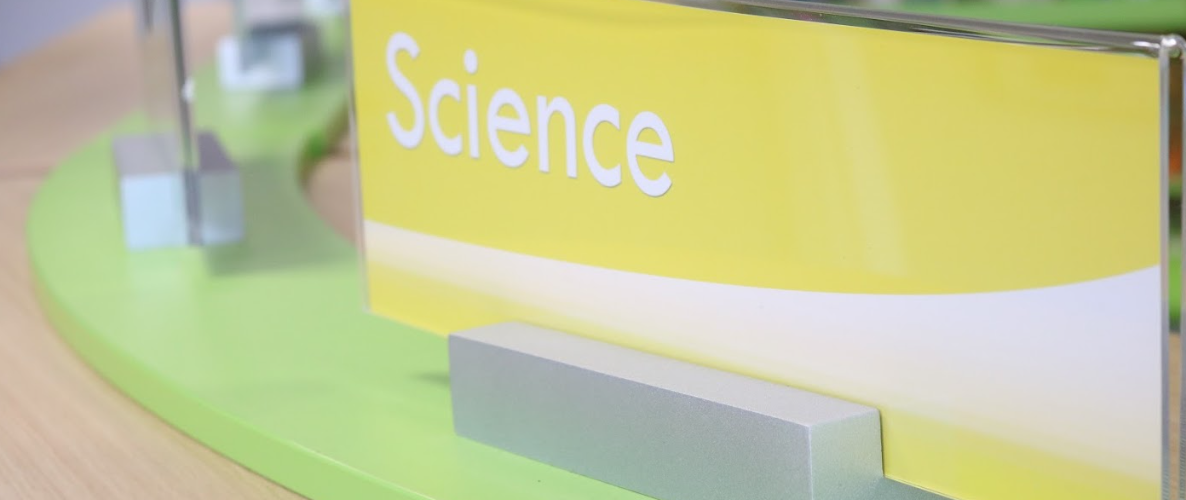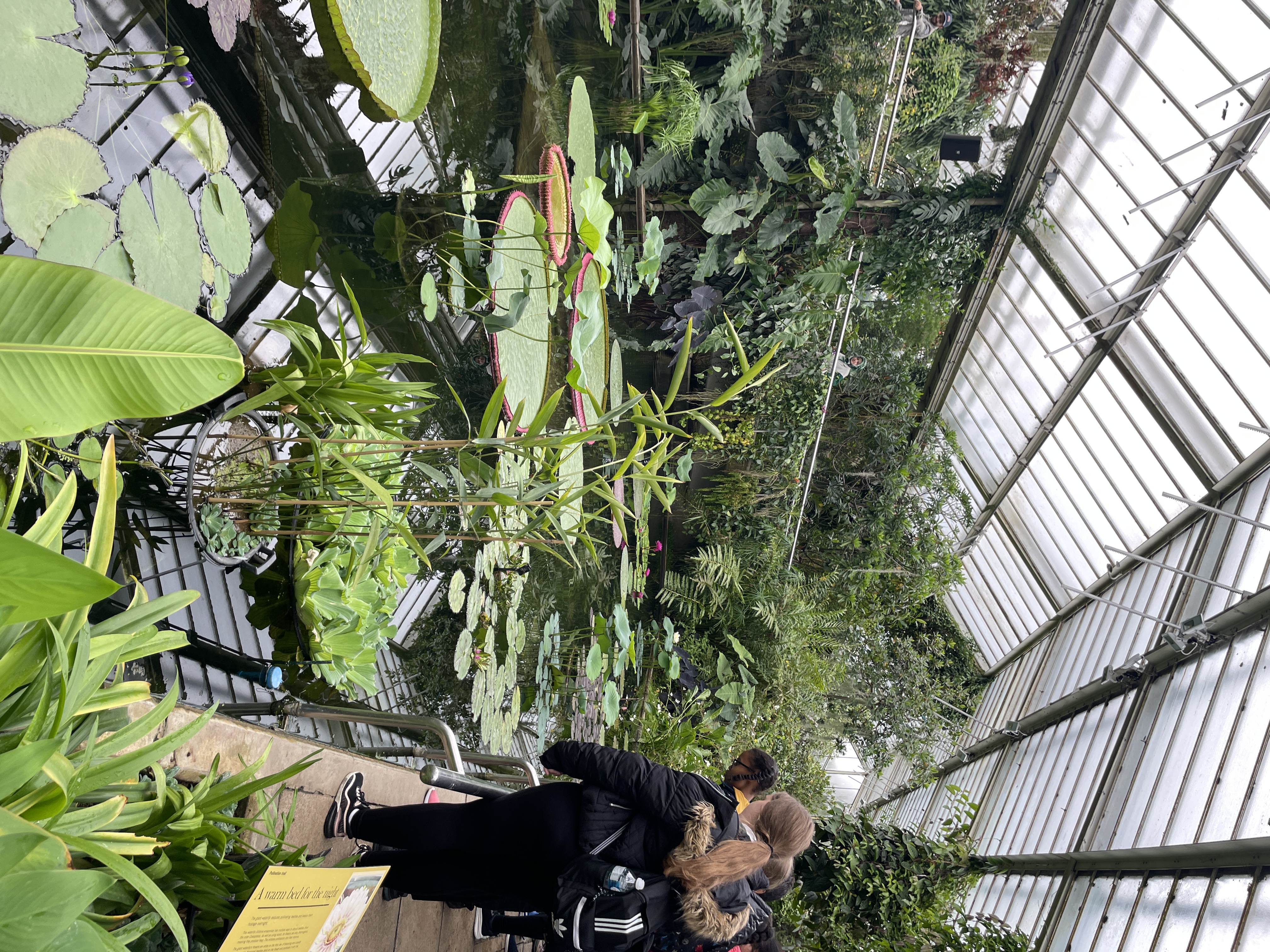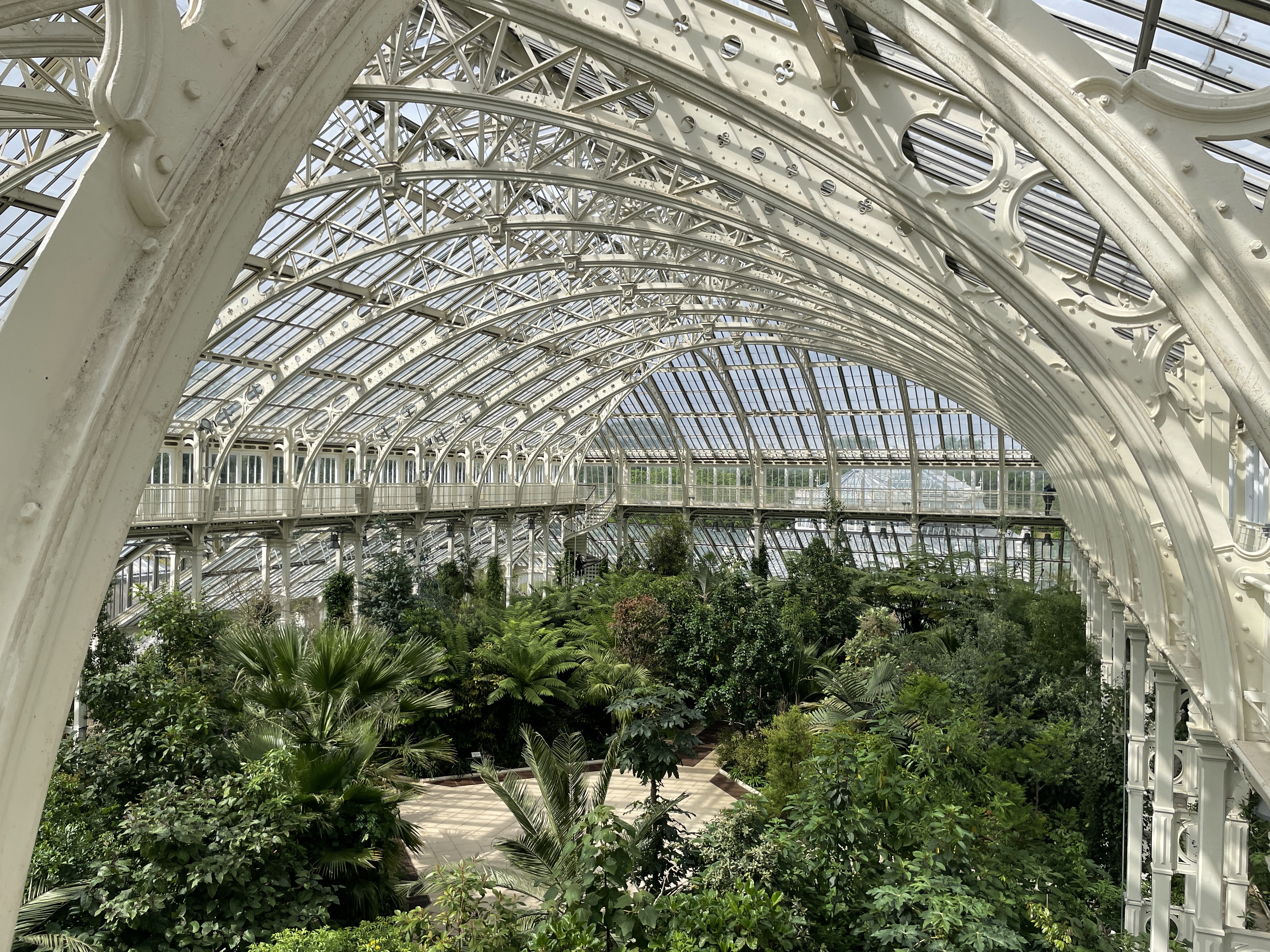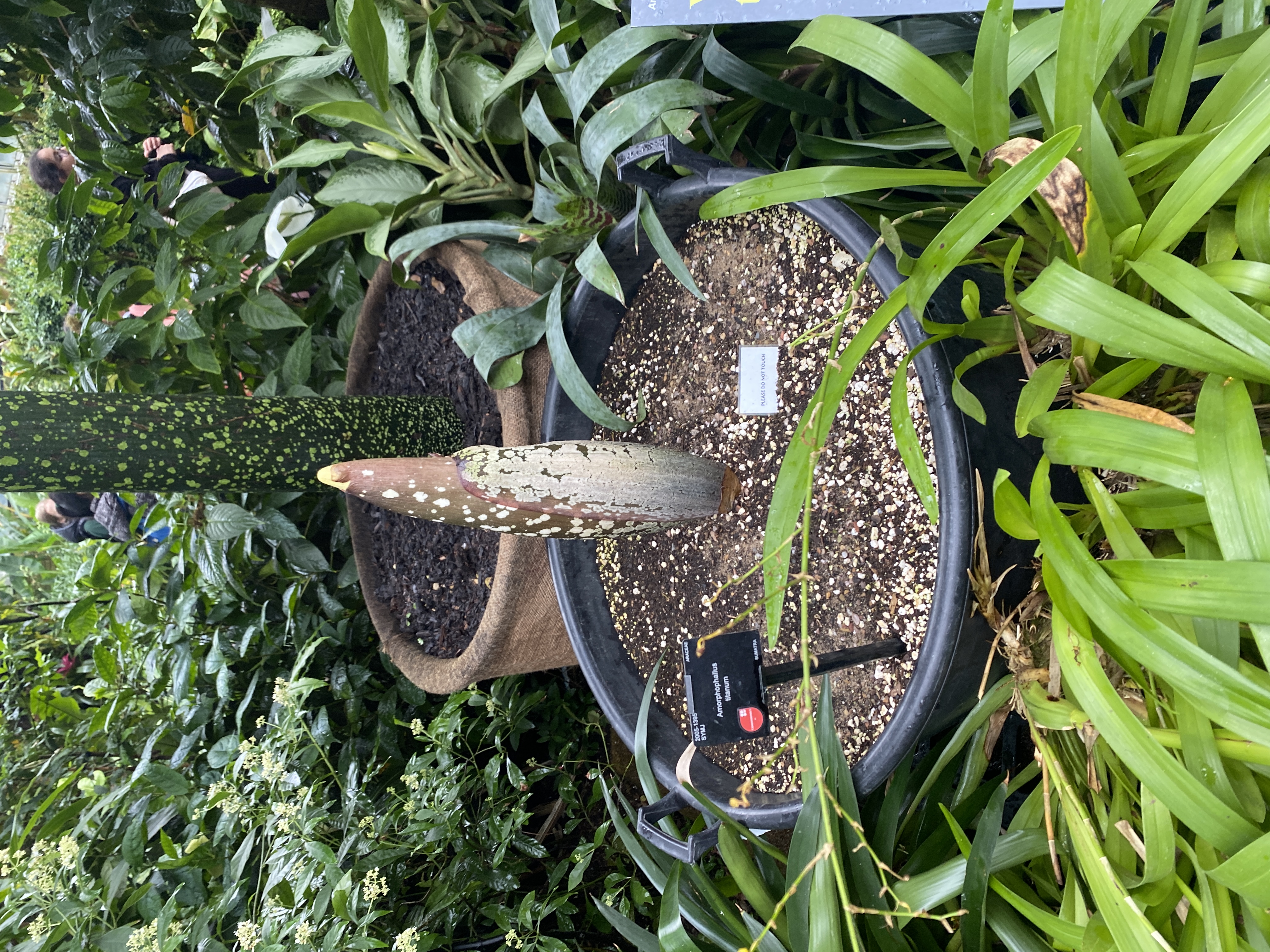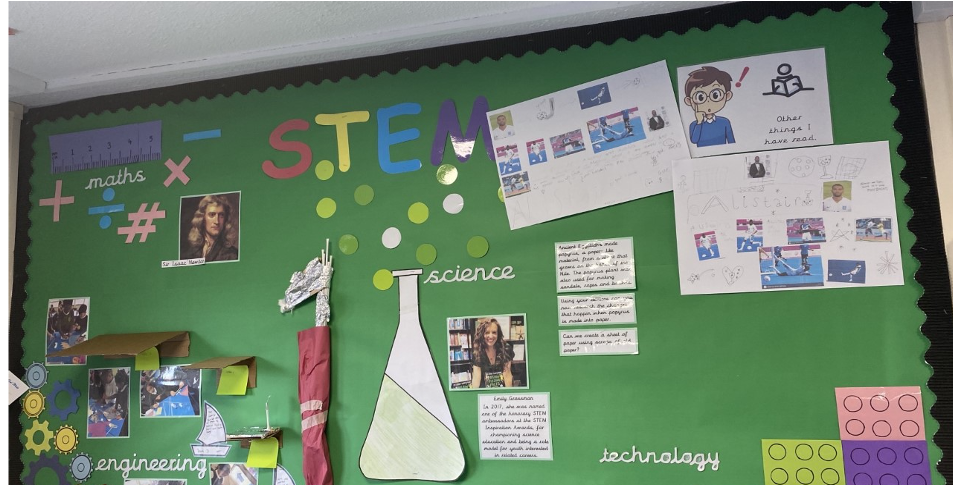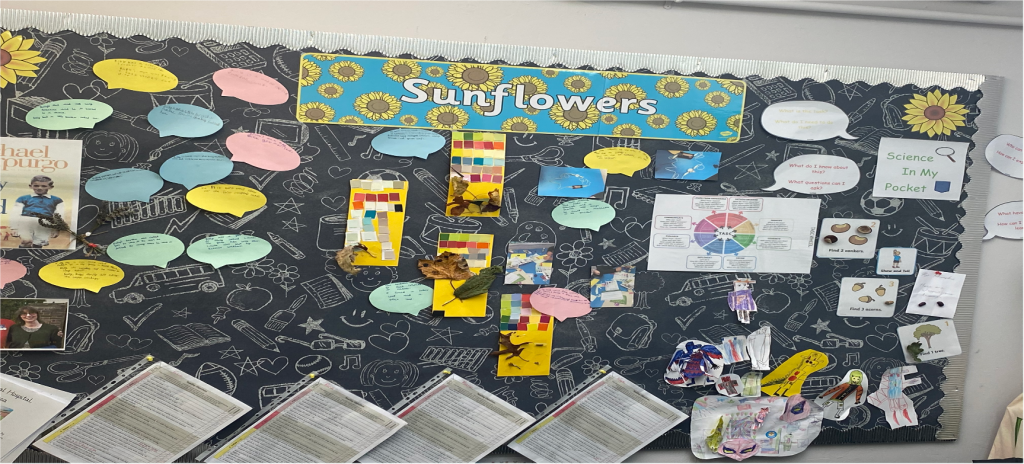At Ryders Green, we strive to give every child, every opportunity, at their one chance in primary school.
Taken from our Curriculum Statement of Intent
‘All subjects within the National Curriculum are important to us at Ryders Green. In addition to these subjects, we make reference to the STEM subjects. We are very aware that in order to boost the UK within the global economy there needs to be more employees in STEM related subjects. The global pandemic has also confirmed to us the importance of scientists, technology and data. We believe referring to STEM in our curriculum will help our children be inspired to have a STEM related career and also have the edge on their competitors by having an understanding of STEM.’

What are the intentions of our Science curriculum at Ryders Green Primary School?
Our intention is to make sure that all children are taught the key concepts in materials, animals, plants, space and forces. Children will explore, observe, compare, look for patterns and test their questions whilst learning in these areas. Each child will become established in these skills as they journey through the school. Working Scientifically skills are built-on and developed so that children can apply their knowledge of science when using equipment, conducting experiments and investigation, building arguments and explaining concepts confidently, being familiar with scientific terminology and, most importantly, to continue to ask questions and be curious about their surroundings
Throughout the programmes of study, the children will acquire and develop the key knowledge that has been identified within each unit and across each year group, as well as the application of scientific skills.
Children will be provided with opportunities to amend their science misconceptions they have gathered from their day to day life experiences to more scientifically accepted ideas. All children, no matter their need, should be able to access this and aspire to undertake a STEM related career.
Implementation
Children at Ryders Green are supported to 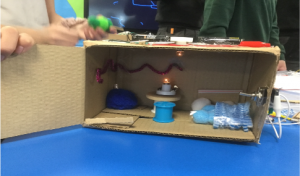 become enthusiastic about science and are encouraged to learn new knowledge and understanding whilst approaching problem solving with an organised way of thinking.
become enthusiastic about science and are encouraged to learn new knowledge and understanding whilst approaching problem solving with an organised way of thinking.
(this is referred to the Headteachers message)
Our whole school approach to the teaching and learning of science involves the following;
• Science will be taught in planned, and arranged, topic blocks by the class teacher. Our strategy is to enable all children to be catered for through adapted planning suited to their abilities
• We plan for problem solving and real life opportunities that enable children to find out for themselves. Children are encouraged to ask their own questions and be given opportunities to use their scientific skills and research to discover the answers. This curiosity is celebrated within the classroom. Planning involves teachers creating practical, engaging lessons with opportunities for precise questioning in class to test conceptual knowledge and skills, and assess children regularly to identify those children with gaps in learning.
• Our curriculum is progressive. We build upon the learning and skill development of the previous years.
• Working Scientifically skills are embedded into lessons to ensure these skills are being developed throughout the children’s school career, and new vocabulary and challenging concepts are introduced through direct teaching. This is developed through the years, in keeping with the topics.
• Teachers demonstrate how to use scientific equipment, and the various Working Scientifically skills in order to embed scientific understanding. Teachers find opportunities to develop children’s understanding of their surroundings by accessing outdoor learning and workshops with experts.
Impact Statement
The impact of the Science curriculum on our pupils is that nearly all children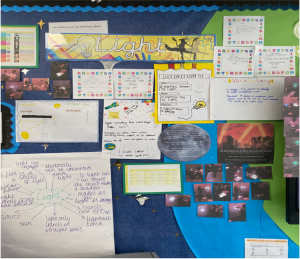 will be achieving at least the expected standard at the end of their time at Ryders Green. Each pupil will be able to use equipment, such as a thermometer and a beaker, effectively and use equipment to complete tests so they can answer questions they have generated. All children will enjoy their science learning and are able to articulate how STEM will feature in their future careers.
will be achieving at least the expected standard at the end of their time at Ryders Green. Each pupil will be able to use equipment, such as a thermometer and a beaker, effectively and use equipment to complete tests so they can answer questions they have generated. All children will enjoy their science learning and are able to articulate how STEM will feature in their future careers.
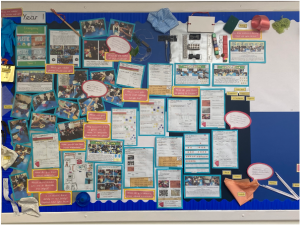
Click here for National Curriculum Science Programme of Study
Our approach to the curriculum meets our duties in the Equality Act 2010 and the Special Educational Needs and Disability Regulations 2014
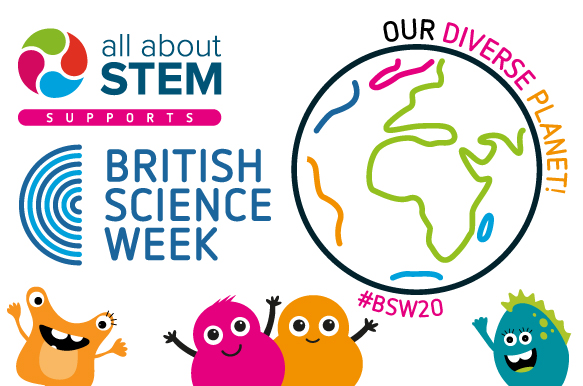
British Science Week
Each year we take part in British Science Week. In March 2022 our theme was growth. Our whole school got involved in planting seeds and bulbs as well as young plants across the whole school site to observe growth and change over the following months. Our plant choices were linked with Queens Platinum Jubilee – our red, white and blue petunias are still going strong!
Reading Hubs
Children have access to a wide of literature linked to all areas of the scientific curriculum.
Lunchtimes
KS2 children have access to construction activities and science literature in the Solar Dome. KS1 and EYS children have access to ‘Telly Tubby Land’ and our brand new all weather garden. Nursery children have access to their garden which includes our Hobbit House. All children have access to our ‘Wild Area’ (which was wild but isn’t anymore). We want children to that follow their curiosities.
Kew Gardens, London
In June 2022 our Year 3 and Year 6 children visited Kew Gardens to study biodiversity through art and science; and to visit a real royal palace! This academic year Year 4 will be visiting in April to observe the seasonal changes. Year 6 will visit this summer.
Last academic year Year 2 visited Birmingham Botanical Gardens, this year (in Year 3) they will visit Kew Gardens to further their understanding of biomes.
STEM display boards
Aspirations and application of STEM in the real world
Aquaponics as a career?
Soil health in the real world
Download The School Prospectus
The contents of this prospectus will give you the information about the organisation and structure of our school, together with the broad aims of the curriculum.
Download
